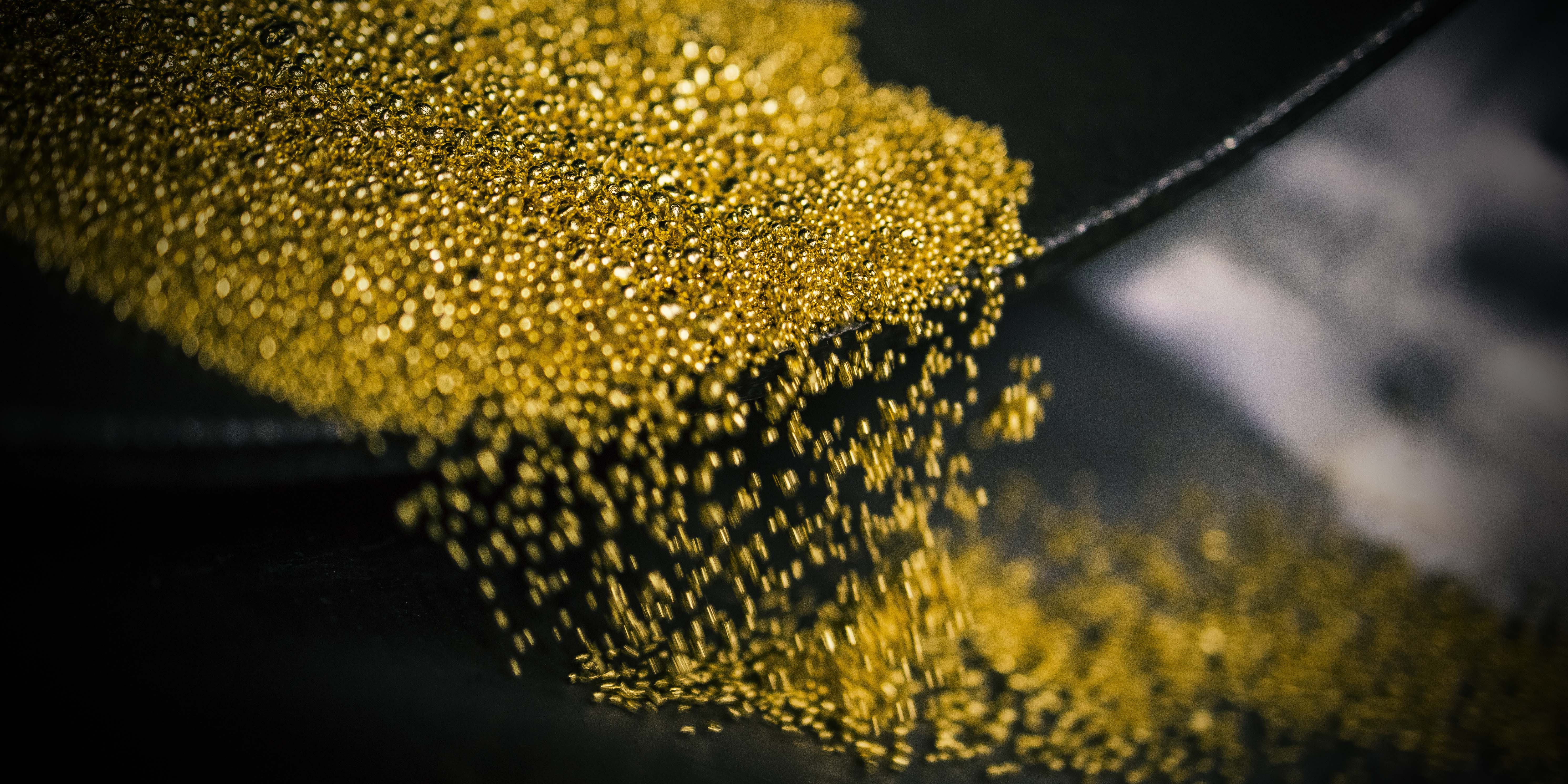In the early days of Twitter - now, of course, X - one of the most well-followed accounts was written by an aspiring comedian, Justin Halpern, called @shitmydadsays. The posts were often just quotes of things his father had said. The comments were salty, down to earth, and wise — exactly the kind of advice you want, or perhaps don’t want, from your father.
One of my favourites was this: “Pick your furniture like you pick a wife; it should make you feel comfortable and look nice, but not so nice that if someone walks past it they want to steal it.” A more racy example was this: “Politicians don’t wanna scare you; they wanna keep you stupid. Fear is just the smell when ignorance takes a shit.”
The comments were pithy, and therefore suited to X. Halpern subsequently wrote a book, did a TV series on the topic, and generally had fun with it. His dad eventually wrote a book too! Halpern stopped posting on this account in 2017, but only after an extraordinary run that started in 2009.
Like 2 million other people, I really enjoyed the posts, not only for their crass wisdom but also because they reminded me of my own father’s crass wisdom (he also had little aphorisms that he would sprout). One of my favourites was this: “If you take one can of clean oil and mix it with one can of dirty oil, what you get is two cans of dirty oil.”
This comment came to me as I started delving into — and this is a stretch I know — the intricacies of the GFECRA, which is the Gold and Foreign Exchange Contingency Reserve Account. It is currently hugely in profit, sitting at around half a trillion rand.
The Institute for Economic Justice (IEJ) and the signatories of a plea by 100 economists, politicians and other commentators have argued that the government should use this money to alleviate poverty in SA and reduce the deficit, particularly in the wake of lower-than-expected tax income this year. I’ve had many differences with the IEJ but, in this case, I agree with them.
Of course, it’s complicated, as Reserve Bank Governor Lesetja Kganyago explained last week during the press conference following the Monetary Policy Committee meeting. But this is taxpayers’ money, demonstrated by the fact that Treasury paid more than R28-billion to the SA Reserve Bank over four years when there were losses on this account.
But you have to say, since then, the Reserve Bank’s management of the account has been an absolutely stunning success, with, of course, some luck. The GFECRA is made up of three accounts: the Gold Price Adjustment Account, the Forward Exchange Contract Adjustment Account and the Foreign Exchange Contingency Reserve Account.
In any given year, these accounts could be in profit or loss, depending on the position the Reserve Bank has taken. The gold account is going to be what it’s going to be and the bank has been fortunate that the gold price has been rising. However, the other two accounts depend on how the bank has positioned itself on its foreign exchange holdings and on the swap market.
As the enormous amount of money that has accumulated in the account shows, it has done that extremely well. Frighteningly well. In 2012, for example, the profit sitting in the account was a mere R65-billion, as opposed to the half a trillion it is now. So really, kudos to the Reserve Bank — great to see at least one arm of government sparkling with some fairy dust. And frankly, I’m not surprised; the bank is an island of good sense and consistency in a sea of erratic floundering.
Kganyago said one issue was that the cash was unrealised since it constitutes a paper gain in the same way that the increase in the value of a share might entitle the holder to the profit but that profit would first have to be realised. The realisation process, of course, costs money. The larger issue is that the bank would never want to create any doubt in the market that it could not cover a sudden shift in the value of the rand or of the gold price.
And let’s face it, there have been a bunch of those in SA’s past. But still, generally speaking, if you had a huge actuarial surplus in your retirement portfolio — not that there are more than a handful of people on Earth in that extremely fortunate position — you would be quite entitled to withdraw the cash and blow it on a Lamborghini.
The problem is not the question of entitlement — it is the government’s money or, to put it another way, taxpayers’ money. The problem is the oil test mentioned above.
The government has not covered itself in glory with its expenditure choices; far too much of government spending has gone on current expenditure, pretty obviously. So, adding more expenditure to this mix is a bit like adding good oil to bad; it really is not going to help that much.
My solution would be simple: by all means, draw down some of this cash. But be very specific on which capital projects, with an eye on the future, it will be spent.
Will that happen? I doubt it. DM




 (Photo: Anindito Mukherjee / Bloomberg via Getty Images)
(Photo: Anindito Mukherjee / Bloomberg via Getty Images)